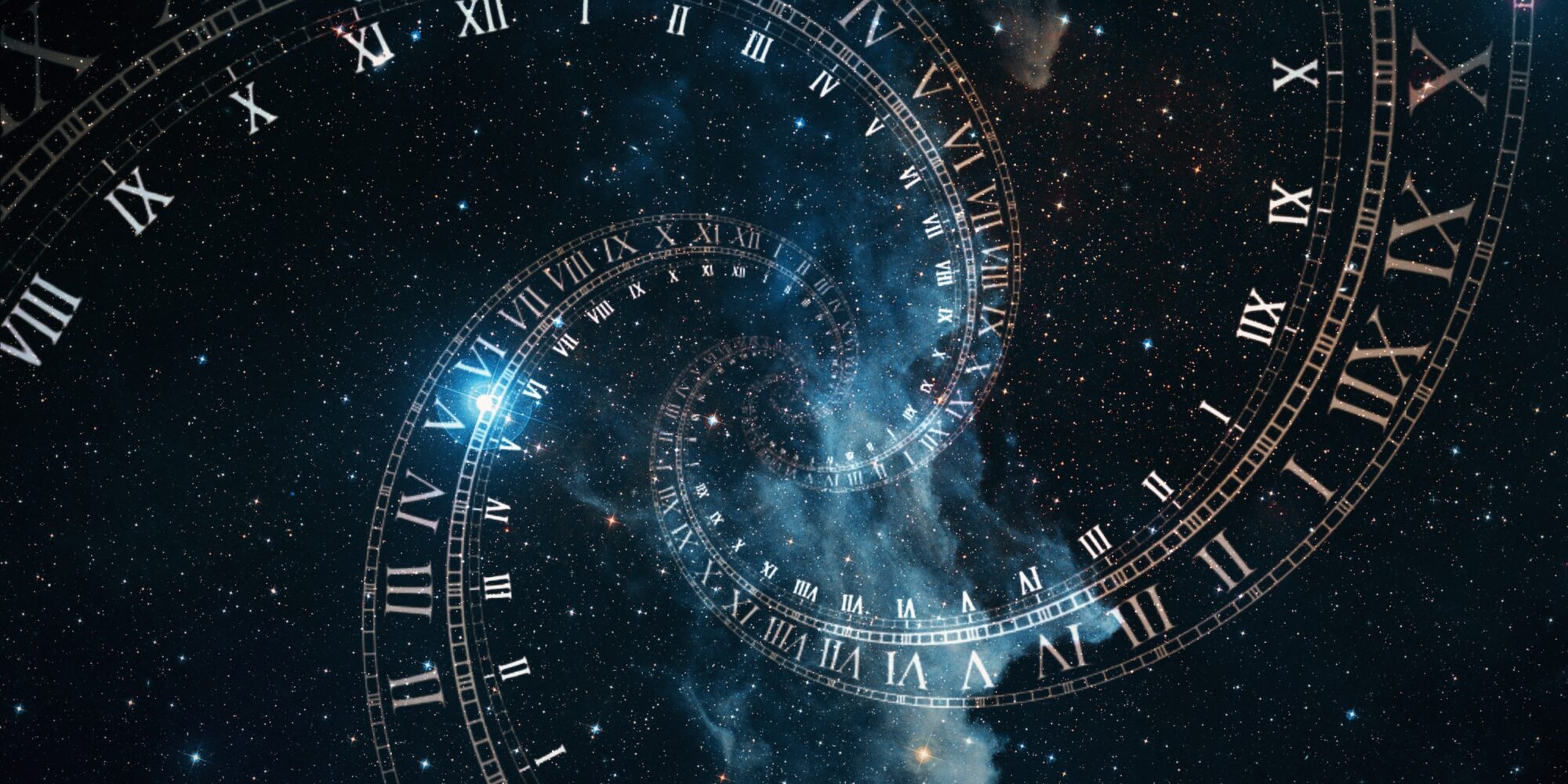Higher dimensions of consciousness
Seeing | Cosmology | 2023-12-31

Our brains do not produce consciousness, they ‘filter’ it and consciousness is related to the higher dimensions in string theory. In this thought-provoking conversation, distinguished Professor of mathematics and astronomy Bernard Carr explains his theory of consciousness and psi-phenomena. Happy new year from all of us at Essentia Foundation!
In this final video of 2023, Natalia Vorontsova interviews Bernard Carr, emeritus professor of mathematics and astronomy at Queen Mary University of London (QMUL), about how physics can accommodate consciousness. Carr started his career as a pupil and close friend of Stephen Hawking and has combined a distinguished career in cosmology with a serious interest in consciousness research and psi-phenomena like telepathy, out-of-body experiences and precognition. Long before it became an acceptable idea amongst physicists, Carr became convinced that a unifying theory of physics should accommodate consciousness. From his work in Brane cosmology—a branch of cosmology that builds on the higher dimensions of string theory and M-theory—Carr argues that it is completely reasonable to argue that consciousness relates to a higher dimension from which spacetime emerges. If so, his theory is highly compatible with objective idealism and paves the way for a future physics that can make sense of the qualities of experience.
In this long conversation, Carr not only shares his views on psi-phenomena, consciousness and Brane cosmology, he also touches on the specious present: the shortest time span of immediate consciousness. For humans, under normal mental conditions, the specious present is around one tenth of a second. According to Carr, the concept of the specious present could account for the fact that separate, localized forms of consciousnesses experience the same world. Also, the specious present opens the idea of levels of consciousness with a much expanded or contracted specious present, which could account for well-documented cases in which people experience the slowing down of time, or the extreme speeding up of time. Could it be that, to the universe as a whole—say, the universal Mind—billions of years pass in the blink of an eye?
As 2023 comes to an end, Prof. Carr’s insightful views on the passage of time might be a nice way to look back and celebrate what is to come. Whatever 2024 holds in store for us, wonderfully enough, we find ourselves in exactly the same specious present, which makes it possible to consciously interact within an objective world that most probably is Mind.

Essentia Foundation communicates, in an accessible but rigorous manner, the latest results in science and philosophy that point to the mental nature of reality. We are committed to strict, academic-level curation of the material we publish.
Recently published
Reading
Essays
Seeing
Videos
Let us build the future of our culture together
Essentia Foundation is a registered non-profit committed to making its content as accessible as possible. Therefore, we depend on contributions from people like you to continue to do our work. There are many ways to contribute.















